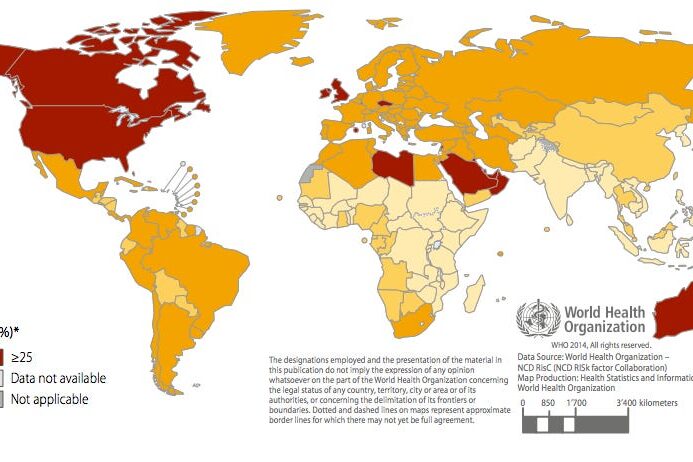Microbiome-Based Dietary Recommendations
Various correlations between the gut microbiota and individuals’ nutrition, as well as the occurrence of diseases like obesity, have been shown [59]. These correlations indicate that personalized nutrition based on the microbiome is a further starting point for weight loss [59]. Increasing evidence suggests that changes in individuals’ microbiome during dietary intervention are person-specific, and this heterogeneity, in addition to individuals’
physiology, is due to a unique microbiome signature [69]. The integration of microbiome information in combination with other person-specific factors seems to have the potential for the understanding of complex interactions [70]. Von Schwarzenberg et al. demonstrated that a VLCD led to a decrease in bacterial abundance and restructuring of the gut microbiome. After this VLCD, the microbiota were transplanted to mice, which led to a decrease in body weight. This study reveals that diet–microbiome interactions modulate energy metabolism [71]. Independent from weight loss, there is no doubt that dietary intake influences gut microbiota structure [72]. In a literature review, the direct and indirect mechanisms behind the influence of the gut microbiome have been discussed. The composition of the microbiota, the presence of specific microbes, and their metabolic activity have to be considered in future human intervention studies to investigate the potential for targeting the microbiota for improving health [73]. Similar to the genetic direct-to-consumer tests, some companies offer the analysis of the microbiome for personalized dietary recommendations, whereas scientific evidence is still not given. The current knowledge about the microbiome’s role in diet-mediated effects on health is too limited to provide evidence for microbiome-based dietary recommendations [74].
2.1.5. Weight Loss Programs
Multidisciplinary weight loss programs addressing nutrition, physical activity, and behaviour are available. Most of the programs are delivered in a single country or are regionally rolled out, e.g., by health insurances, health care providers, or companies. The largest global weight loss program is WW (formerly Weight Watchers). An international study has shown that theWWprogram resulted in a moderate weight loss at 12 and 24 months. Mean weight change at 12 months assessment was 6.65 kg (completers-analysis) [75] and mean weight loss after 2 years was 4.76 kg [76]. Furthermore, Johnston et al. have shown that persons using all provided intervention tools (weekly meetings,WWmobile application, andWWonline tools) lose more weight than persons who selected not all three ways to access the treatment [77]. Another well-known program is OPTIFAST, which also provides scientific evidence for efficacy after 12 months. The 12 months OPTIFAST concept includes a total dietary replacement for three months followed by lifestyle recommendations and professional group sessions for further nine months. Comparing the effectiveness of the OPTIFAST program with a food-based dietary plan resulted in 10.5% versus 5.5% weight loss at 52 weeks [78]. In this study, there was an active weight maintenance phase, where meal replacement was allowed.
2.1.6. Support
Self-monitoring of diet and physical activity provides an effective behaviour change technique for weight management [79] and is a core component of behavioural obesity treatment [80]. It has been demonstrated that dietary self-monitoring itself and the frequency of self-monitoring is linked to weight loss [81]. Furthermore, self-monitoring tends to positively impact weight loss when combined with other self-regulation techniques, such as goal setting and feedback [82–84]. Engagement rates for self-monitoring diet were higher in digital than in paper-based self-monitoring [81,85].
Digital tools like online tools and applications (apps), tracking technologies, or even internet-based support have become attractive for teaching and supporting long-term behaviour change techniques [86]. Carter et al. examined in a RCT the acceptability and feasibility of a self-monitoring weight management intervention provided by a smartphone app compared to a website and paper diary. Results showed a mean weight change at Nutrients 2022, 14, 169 9 of 15
6 months of 4.6 kg in the smartphone app group, 2.9 kg in the paper diary group, and 1.3 kg in the website group and additionally, the app was highly appreciated in satisfaction and acceptability [85]. Weight management apps may have positive effects on weight-related outcomes; although, the methodological quality of many studies is low [87,88]. A metaanalysis by Villinger et al. with more than 6300 participants showed that app-based mobile interventions can be effective for changing nutrition behaviours and nutrition-related health outcomes [89]. Digital tools like apps are a time- and cost-effective method for the collection of health-related data with the potential of wide distribution and scalability [85,90,91]. Although many apps are available for weight loss, digital offerings for weight management rarely include evidence-based strategies for behaviour change [92,93].






